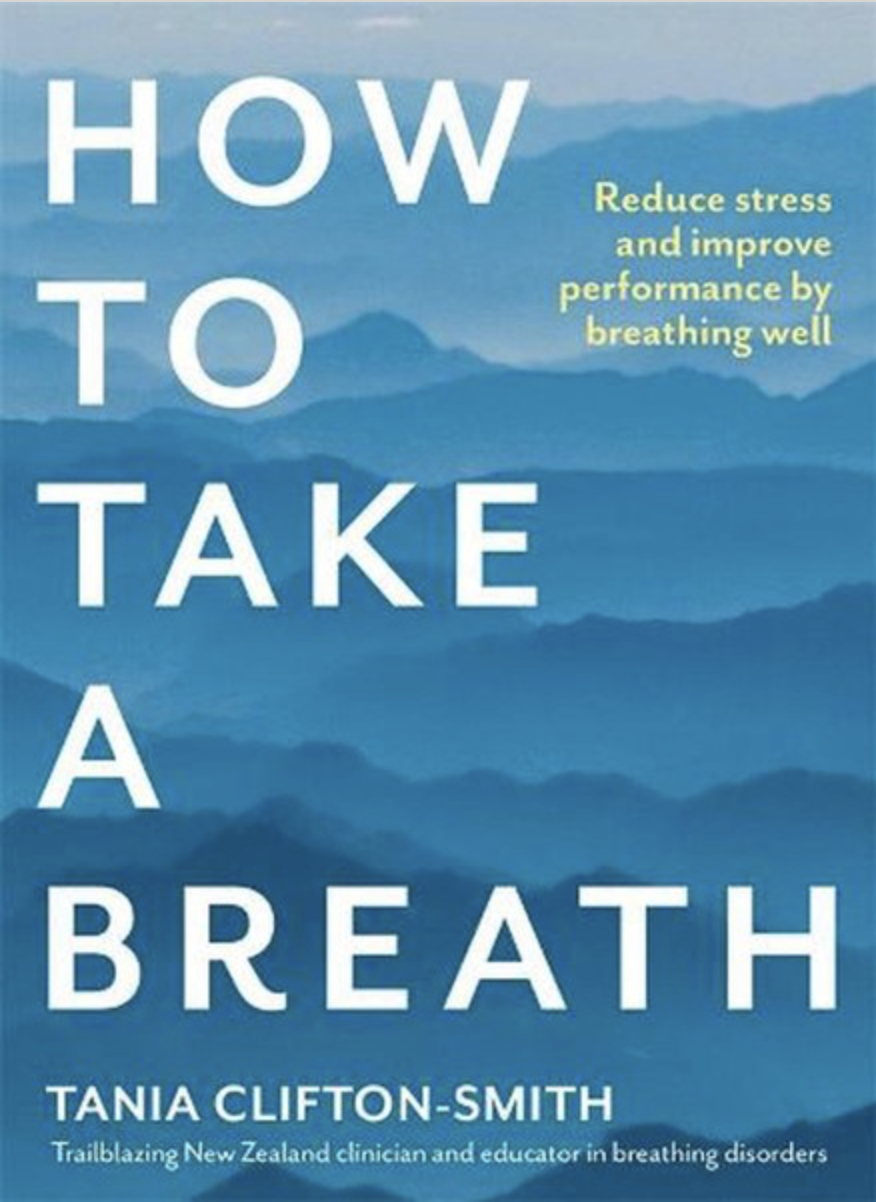Since COVID-19 has swept the world, we have all become hypervigilant about coughing, both our own and other people’s.
Coughing is a common reflex action whose function is to clear the throat or airways of mucus or foreign irritants.
However, is it not as simple as that and there so many different reasons, forms and causes behind what triggers a cough. One could
write a book on this subject.
As a health professional, the first step is to identify the possible cause, and there are plenty: from the common cold, excess mucus, and
gastric reflux through to purely habitual coughing. It helps to try and understand why the cough is present. The cough may be dry or moist.
Secondly, and very importantly, the duration. A cough lasting less than three weeks is termed acute, and one lasting longer than eight
weeks is defined as chronic. If longer than eight weeks, please see your health professional. Note that a cough can alert us to a problem.
Thirdly, treatment strategies. Here are some top tips to try at home, but again we advocate to see a health professional if the cough is interfering with daily living and is persistent or chronic.
Top tips:
Nose breathe; mouth breathing causes dry harsh air to move through the airway and can serve as an irritant. Breathe low and slow in your belly, at low volumes. Relaxed breathing patterns allow for energy efficient relaxed airways, whereas upper chest breathing at rest causes energy-hungry and tense breathing patterns, irritating the airways.
• Sip plenty of water. Hydration helps mucus move more easily, and helps a dry irritating cough. Pause between sentences when
talking and swallowing to soothe the airways.
• Suck over-the-counter cough lozenges before telephoning/speaking for long periods.
• Suppress the desire to cough: at the first sense of a tickle, swallow hard, then drop your shoulders and concentrate on breathing
out, and focus on breathing slowly for a few seconds. Repeat if necessary.
If you still have problems, see your chest physiotherapist to learn how to do an effective assisted coughing for a chronic dry cough, or
chest clearance for a chronic persistent wet cough. You can also visit asthmafoundation.org.nz for more information.
How to Take a Breath: reduce stress and improve performance by breathing

Tania Clifton-Smith’s new book, How to Take a Breath, explores how breathing well empowers you to be well. Breathing
might seem simple, but it turns out that most of us are doing it wrong, and when corrected it can be life changing.
Making even slight adjustments to the way we inhale and exhale can jump-start athletic performance, rejuvenate
internal organs, improve snoring, allergies, asthma and autoimmune disease, and even straighten scoliotic spines. Tania
has been helping people correct their breathing patterns for over 30 years and has seen first-hand what a difference it makes.
Learn easy-to-follow techniques that can help you optimise your breathing for a great reduction in stress and anxiety, better sleep, clearer thinking and improved performance in sports and at work.
How to Take a Breath is published by Penguin and is available at all the main retailers including Paper Plus, Whitcoulls and The Warehouse.





